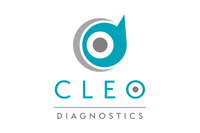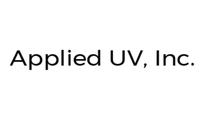Medical Device Cybersecurity is the Target of New Senate Bill
As medical devices get technological advancements placing them into networks, the danger of threats to these crucial devices is growing as well. A new piece of legislation in the US Senate seeks to add mandated tests and better protections for remote access points.
As the technology in medical devices advances the danger of threats to these crucial devices is growing as well. A new piece of legislation in the US Senate seeks to add mandated tests and better protections for remote access points.
The bill, introduced by Sen. Richard Blumenthal on Tuesday (August 1), was brought up in the wake of cyber attacks this year against hospital networks which highlight the potential weaknesses of medical devices used in the healthcare space.
The Medical Device Cybersecurity Act targets these devices for the lack of protections they may have and goes after companies that “knowingly or unknowingly continue to sell vulnerable products.”
Senator Blumenthal said the bill will strengthen the security of medical devices, which is in “critical condition” right now.
“Without this legislation, insecure and easily-exploitable medical devices will continue to put Americans’ health and confidential personal information at risk,” Blumenthal said in a statement.
Medical device security in “critical condition”
The College of Healthcare Information Management Executives (CHIME) and the Association for Executives in Healthcare Information Security (AEHIS) support the Medical Device Cybersecurity Act.
The bill seeks to create a check up with devices before they enter the US market by creating a “cyber report card.” Another element of the bill includes not mandating US Food and Drug Administration approval for cybersecurity fixes and updates “must remain free.”
As reported by FierceHealthcare manufacturers in the medical device space agree that cyber attacks are one of the biggest threats to the industry.
A recent poll showed device manufacturers are increasingly concerned about hackers and 40% are worried an attack will target hardware. Meanwhile, industry leaders have pushed for manufacturers to develop industry wide cybersecurity standards.
A recent survey from KPMG indicated government-sponsored hackers were the biggest threat to the healthcare and life science markets.
Looking ahead, a report done by Symantec (NASDAQ:SYMC) indicates the IT security budget for medical cyber security is set to grow to $101 billion by 2018, which means investment opportunities in the industry are also growing.
Don’t forget to follow @INN_LifeScience for real-time updates!
Securities Disclosure: I, Bryan Mc Govern, hold no direct investment interest in any company mentioned in this article.



